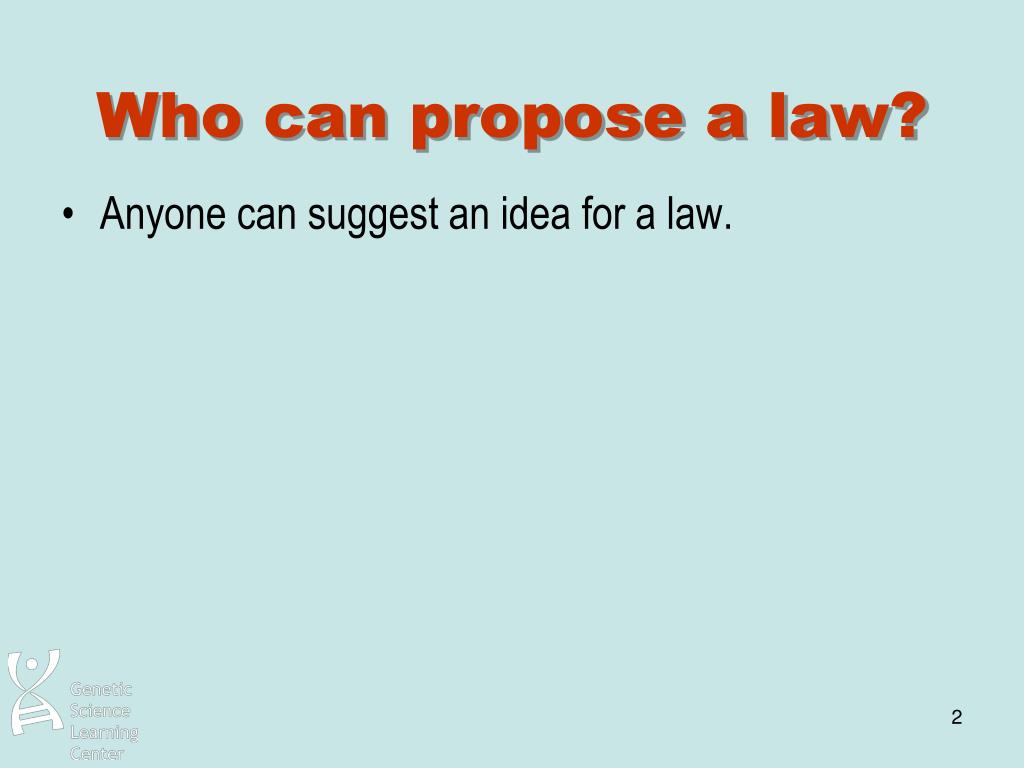Who can formally propose a law? – The process of proposing and passing a law is a fundamental part of any functioning democracy. It’s a carefully orchestrated dance between the people and their representatives, ensuring that the voices of all are heard and considered. Understanding who has the power to initiate this process is crucial to comprehending how laws are made.
Think of it like a carefully crafted recipe. Certain ingredients are essential for creating a delicious dish, and similarly, specific individuals and groups hold the power to propose new laws. These individuals are entrusted with the responsibility of translating public needs and desires into formal legal documents. The system is designed to be accessible yet structured, to prevent chaos and ensure a fair and balanced process.
Who exactly gets to propose a law? The answer, as you might imagine, isn’t always straightforward. Different countries and even different legislative bodies have unique rules, but a common thread often runs through them all: the power typically rests with elected officials. These officials are chosen by the people to represent their interests and concerns within the governing body.

- Legislators: These are the individuals directly elected to represent the people in the legislative branch of government. They are often the primary drivers behind the creation of new laws.
- Executive Branch Officials: Sometimes, the executive branch, such as the President or Prime Minister, can also introduce legislation. This often involves addressing issues deemed critical to the nation’s well-being.
- Citizens and Interest Groups: While the direct power to propose laws rests primarily with elected officials, citizens and organized groups can still play a significant role. They can gather support and advocate for specific legislative changes through various avenues, including contacting their representatives, lobbying, and organizing public campaigns.
Consider the famous example of the civil rights movement in the United States. While lawmakers were ultimately responsible for enacting legislation, countless individuals and organizations dedicated to social justice worked tirelessly to raise awareness, build support, and ultimately, create a climate that influenced the law-making process. This shows that the power of public pressure and organized action can have a profound impact on the development of laws.
In essence, the process of proposing a law is a dynamic interplay of authority and public input. While elected officials hold the formal power, the collective voice of the people, channeled through various avenues, plays a vital role in shaping the laws that govern our society. Understanding these dynamics is key to appreciating the intricacies of democratic governance and how laws are created to address societal needs.
